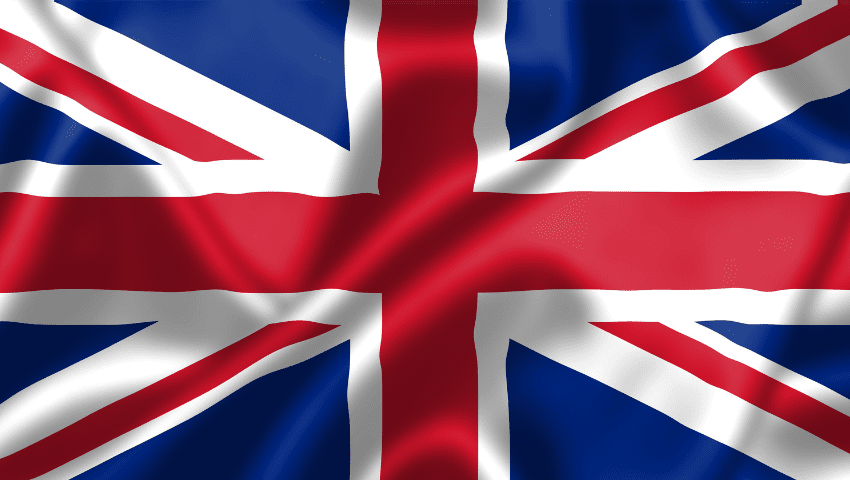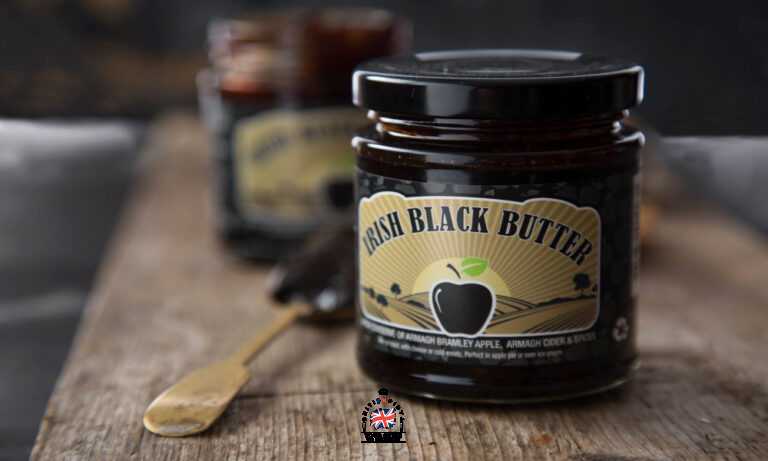The History of the United Kingdom .. Everything You Need to Know 2023
This article will assist you if you are looking for complete, comprehensive, and brief history of the UK.
The history of the United Kingdom that we write here includes a lengthy timeline of the UK’s own history. So have a good time!

About The History of the United Kingdom
The United Kingdom, abbreviated as the UK, has a long and complicated history. The country is divided into four parts: England, Wales, Scotland, and Northern Ireland. Each of these countries has its own culture and history, but they have been united for centuries under a single monarchy and government. The brief history of the united kingdom can be classified into some of these sub-titles;
Early Era of The History of the United Kingdom
The earliest known inhabitants of the UK were the Celts, who arrived in the islands around the 6th century BC. They were followed by the Romans, who conquered much of Britain in the 1st century AD. The Romans established a number of settlements and built roads, aqueducts, and other infrastructure, but their rule was not without conflict. The Celts and other indigenous peoples often resisted Roman rule, leading to conflicts and uprisings.
The history of the UK is complex and multifaceted, with each of its constituent countries contributing to its rich cultural heritage. In England, the history of the country is often traced back to the Angles, Saxons, and Jutes who invaded the island in the 5th and 6th centuries AD. These Germanic tribes established their own kingdoms, which eventually came to be united under the rule of the Anglo-Saxon kings.

The History of the United Kingdom; The Races of the United Kingdom
Scotland, on the other hand, has a distinct and separate history. The Scottish people are believed to have descended from a mix of Picts, Celts, and Gaels, and they have their own language and culture. Scotland’s history is marked by numerous conflicts with England, including the Wars of Independence in the 13th and 14th centuries and the Jacobite rebellions of the 18th century.







